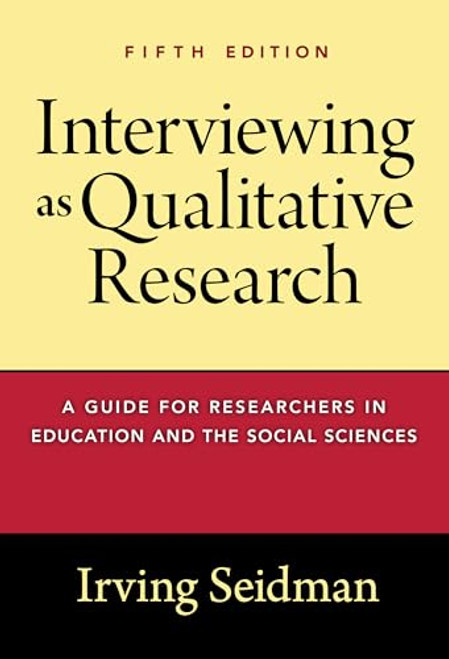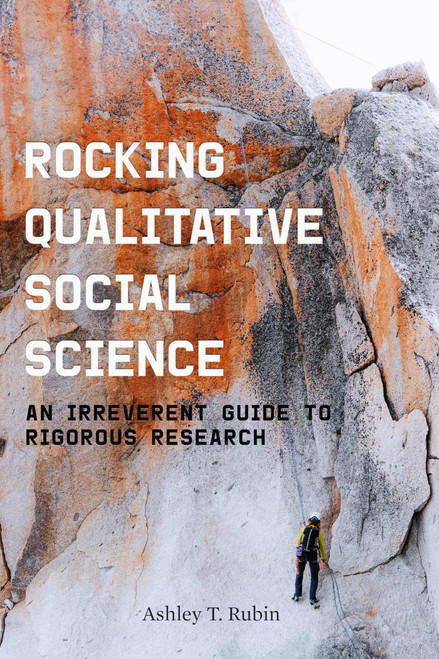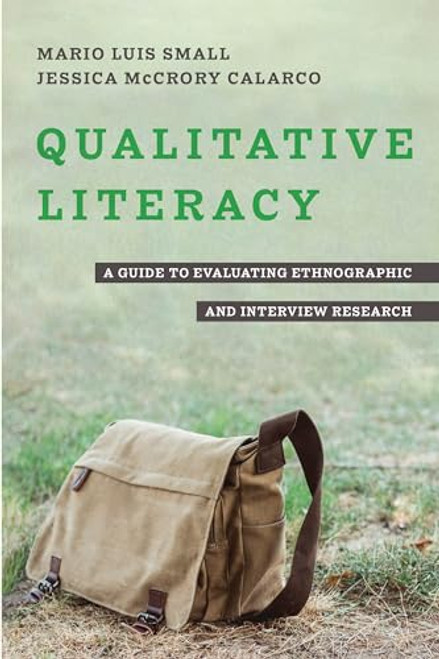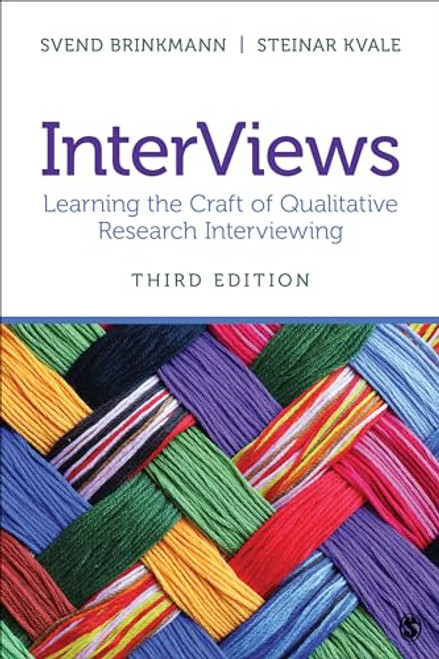Now in its fourth edition, this popular book provides clear, step-by-step guidance for new and experienced interviewers to develop, shape, and reflect on interviewing as a qualitative research process. Using concrete examples of interviewing techniques to illustrate the issues under discussion, this classic text helps readers to understand the complexities of interviewing and its connections to broader issues of qualitative research. The text includes principles and methods that can be adapted to a range of interviewing approaches.
Appropriate for individual and classroom use, the new edition has been expanded to include: in chapter 2, clarification of important phenomenological assumptions that underlie the interviewing approach presented in the book; in chapter 7, new sections on Long-Distance Interviewsing and its implications for the relationship between interviewers and participants; in chapter 8, a new section on the pros and cons of Computer-Assisted Qualitative Data Analysis Software; and Chapter 9, The Ethics of Doing Good Work .











